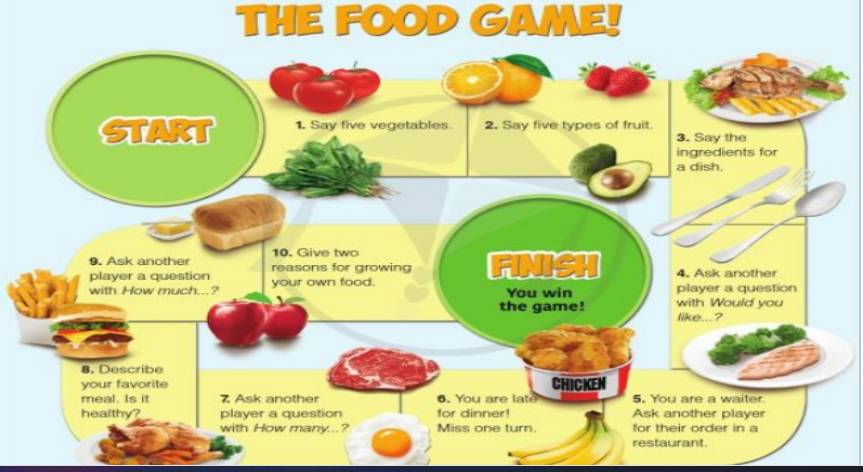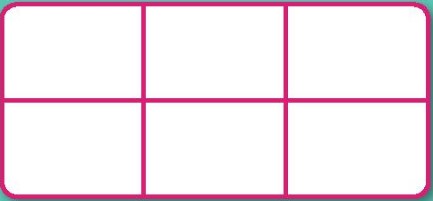3. MEMORY GAME. Work in pairs. Follow the instructions.(Trò chơi ghi nhớ. Làm việc theo cặp. Làm theo chỉ dẫn.) • Put four to eight objects on your desk.(Đặt bốn đến tám đồ vật trên bàn học của bạn.) • Look at the objects for ten seconds and remember them.(Nhìn vào các đồ vật trong 10 giây và ghi nhớ chúng.) • One student closes his / her eyes.(Một học sinh nhắm mắt.) • The other student takes the objects from the desk and hides them.(Học sinh kia...
Đọc tiếp
3. MEMORY GAME. Work in pairs. Follow the instructions.
(Trò chơi ghi nhớ. Làm việc theo cặp. Làm theo chỉ dẫn.)
• Put four to eight objects on your desk.
(Đặt bốn đến tám đồ vật trên bàn học của bạn.)
• Look at the objects for ten seconds and remember them.
(Nhìn vào các đồ vật trong 10 giây và ghi nhớ chúng.)
• One student closes his / her eyes.
(Một học sinh nhắm mắt.)
• The other student takes the objects from the desk and hides them.
(Học sinh kia lấy đồ vật trên bàn và giấu chúng đi.)
• The student opens his/her eyes and says what object(s) was / were on the desk using there was/ there were. For example, There was a pen. There was a ruler. There were three books. There was an apple. The student gets a point for every correct sentence.
(Học sinh mở mắt và nói (những) đồ vật nào đã / đang ở trên bàn bằng cách sử dụng there was/ there were. Ví dụ, There was a pen. There was a ruler. There were three books. There was an apple. Học sinh được một điểm cho mỗi câu đúng.)
Repeat the game with different objects. Who can get the most points?
(Lặp lại trò chơi với các đối tượng khác nhau. Ai có thể nhận được nhiều điểm nhất?)



1. Say five vegetables. (Nói tên 5 loại rau củ.)
- cabbage (bắp cải), carrot (cà rốt), cauliflower (súp lơ), broccoli (súp lơ xanh), potato (khoai tây)
2. Say five types of fruit. (Nói tên 5 loại quả.)
- mango (xoài), banana (chuối), strawberry (dâu tây), apple (táo), orange (cam)
3. Say the ingredients for a dish. (Nói nguyên liệu của một món ăn.)
- Banh mi (Bánh mì): bread (bánh mì), pickled carrot (cà rốt muối chua), cucumber, chilli (dưa chuột, ớt), grilled pork (thịt heo nướng), pâté (pa tê)
4. Ask another player a question with Would you like …? (Hỏi người chơi khác một câu hỏi với “Would you like …?)
- Would you like a cup of tea? (Bạn có muốn một tách trà không?)
5. You are a waiter. Ask another player for their order in a restaurant.
(Bạn là một người phục vụ. Hỏi người chơi khác về món họ gọi trong một nhà hàng.)
A: Hello, I’ll be your waiter today. Would you like something to drink?
B: Yes. I’d like a glass of coca-cola, please.
A: OK. Are you ready to order, or do you need a few minutes?
B: I think I’m ready. I’ll have a large pizza and French fries.